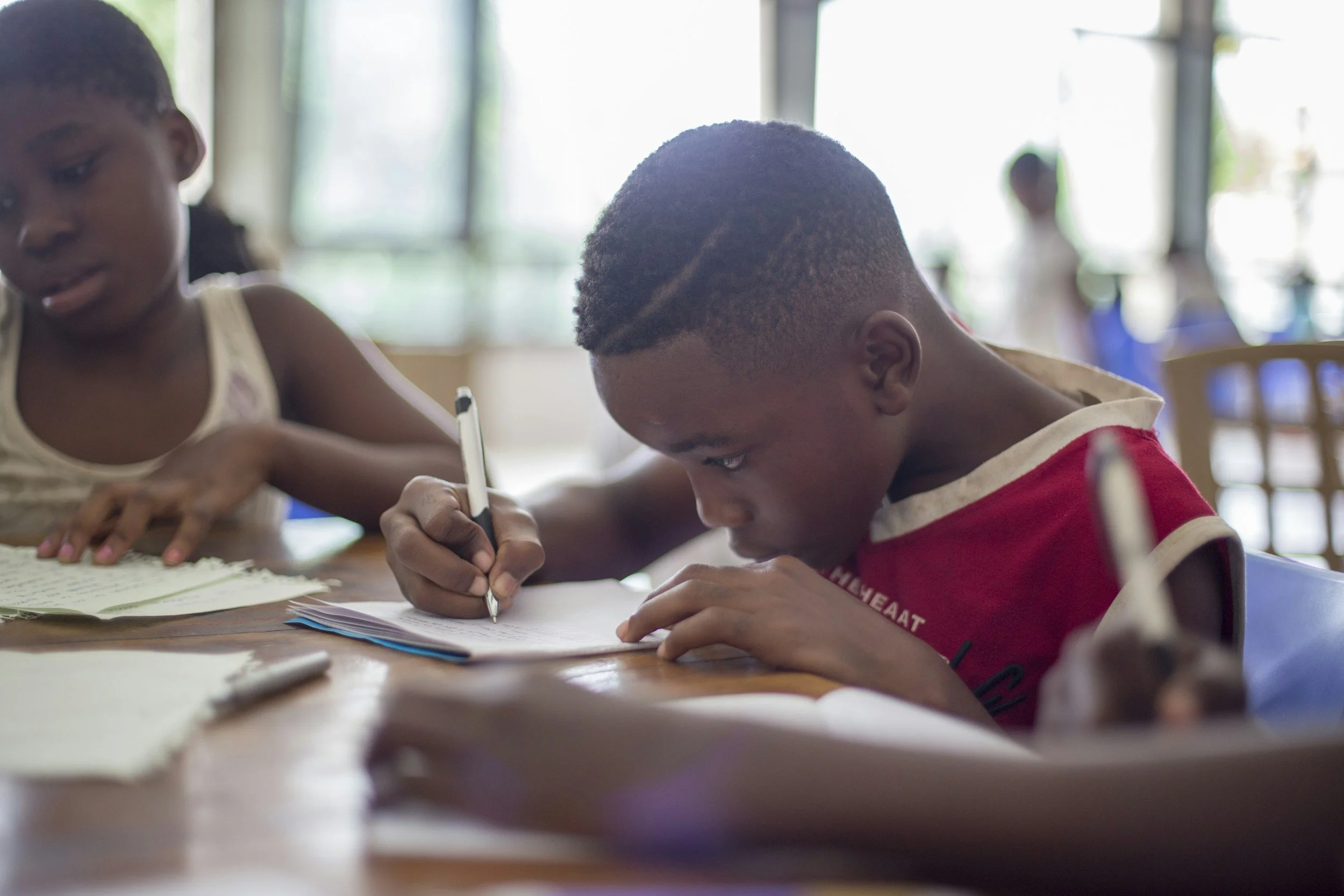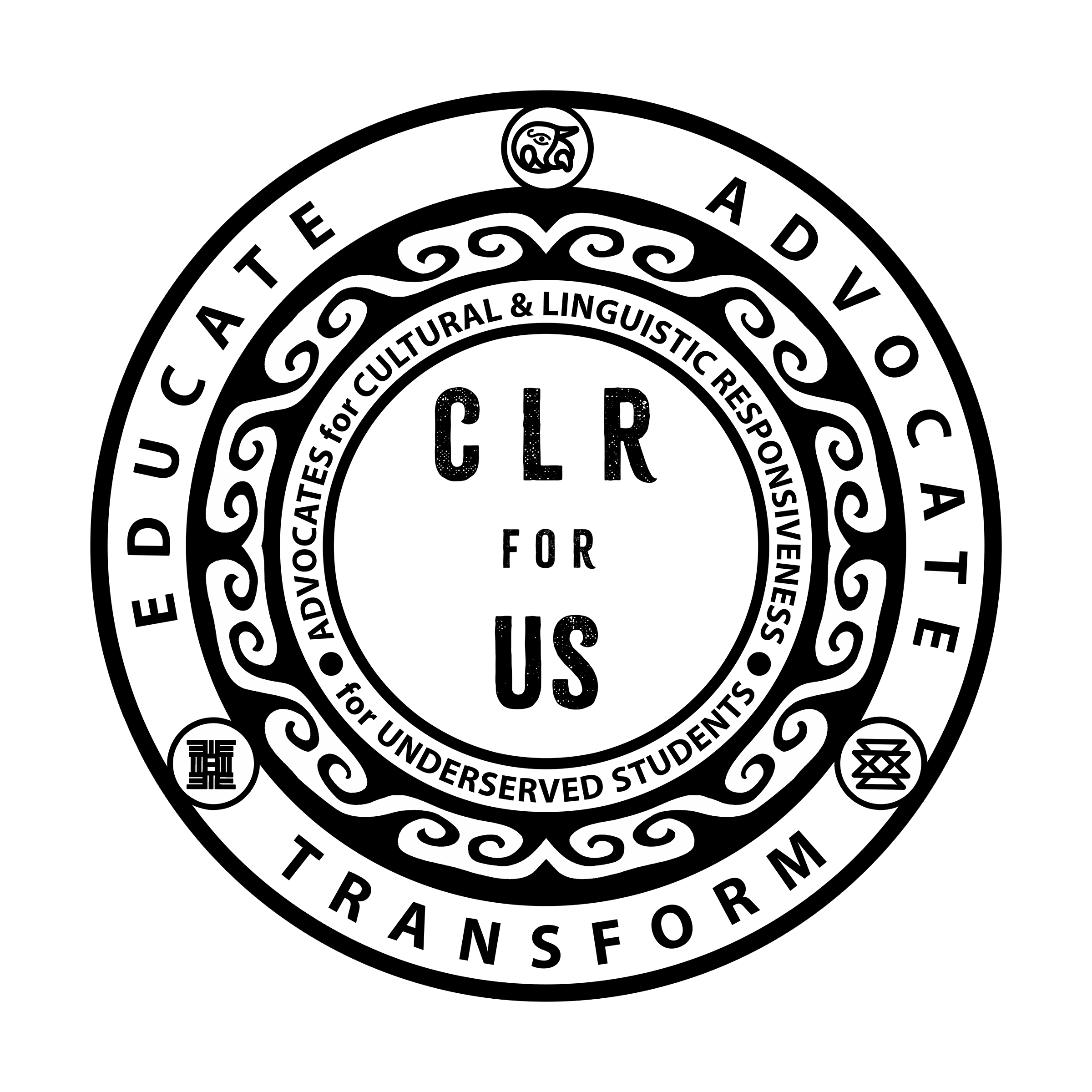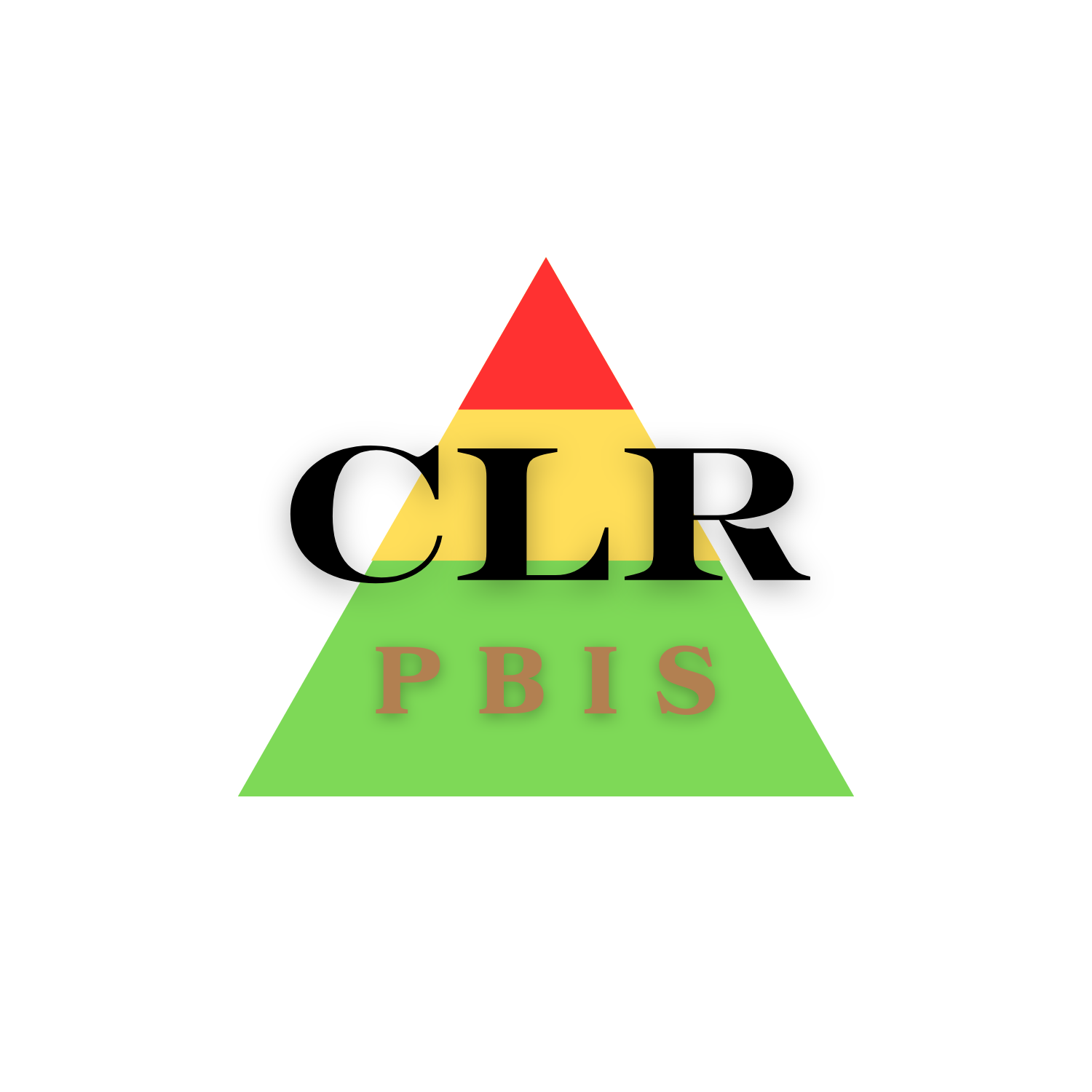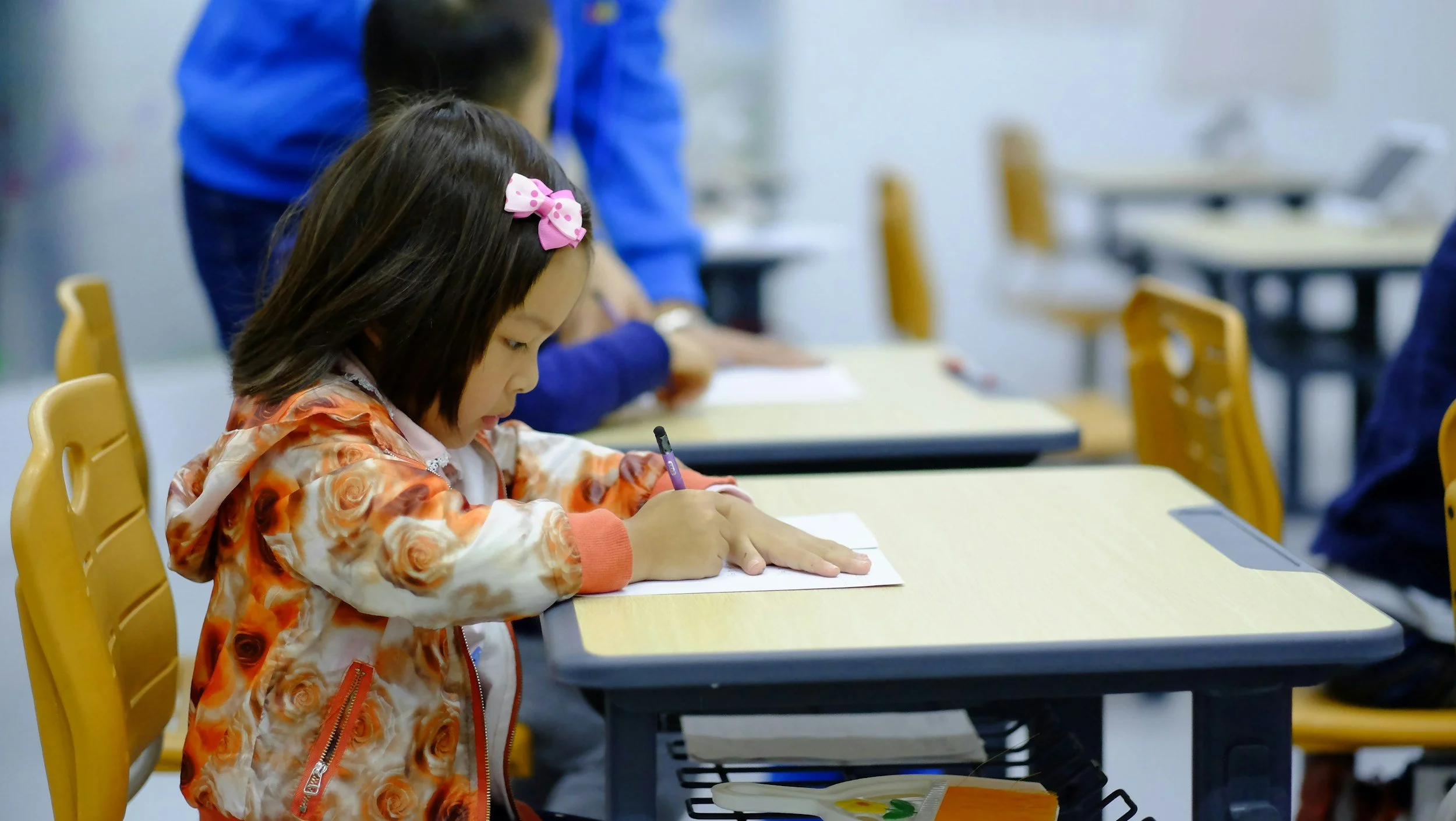
Educate. Advocate. Transform.
Supporting educators develop cultural and linguistic responsiveness.
Educators, schools, and districts are faced with the need to help all students academically and behaviorally thrive, yet in a way that does not devalue who they are culturally and linguistically.
Cultural and linguistic responsiveness empowers those of us who work with historically and systemically underserved students to create educational experiences and institutions that harness the cultural and linguistic assets our students bring to help them thrive.
Culturally and Linguistically Responsive PBIS and MTSS
About a quarter of our nation’s schools use the Positive Behavior Interventions and Supports (PBIS) framework, whereas many others use the broader Multi-Tiered Systems and Supports (MTSS) framework, where PBIS is included. Despite the well-documented success of these frameworks in reducing instances of exclusionary discipline and creating schools that are safer and more welcoming, the success has not been consistent for all student populations. For instance, even when these frameworks have been implemented with fidelity, racial disparities in exclusionary discipline persist. Therefore, to mitigate and eliminate these disparities, both the PBIS and MTSS frameworks must be fully integrated with the principles and practices of cultural and linguistic responsiveness.
Services Provided
We provide professional learning experiences and direct support to individual schools and entire school districts on why their PBIS and MTSS frameworks need to be made culturally and linguistically responsive, as well as how to do so.
Additionally, we support schools and districts in developing culturally and linguistically responsive special education services.
Culturally and Linguistically Responsive Special Education
There is a well-documented history of underserved students being disproportionately referred for special education services despite not having a disability. This is often because of misunderstandings of and biases about underserved students’ cultural and linguistic behaviors. For example, there have been African American students who are fluent speakers of African American Language (also referred to as African American Vernacular English) who have been misdiagnosed as having a speech problem. Furthermore, underserved students who exhibit commonly misunderstood cultural behaviors such as spontaneity and kinesthetics get misidentified as having behavioral difficulties.
“The teacher is of course an artist, but being an artist does not mean that he or she can make the profile, can shape the students. What the educator does in teaching is to make it possible for the students to become themselves.”
— Paulo Freire, Pedagogy of the Oppressed




